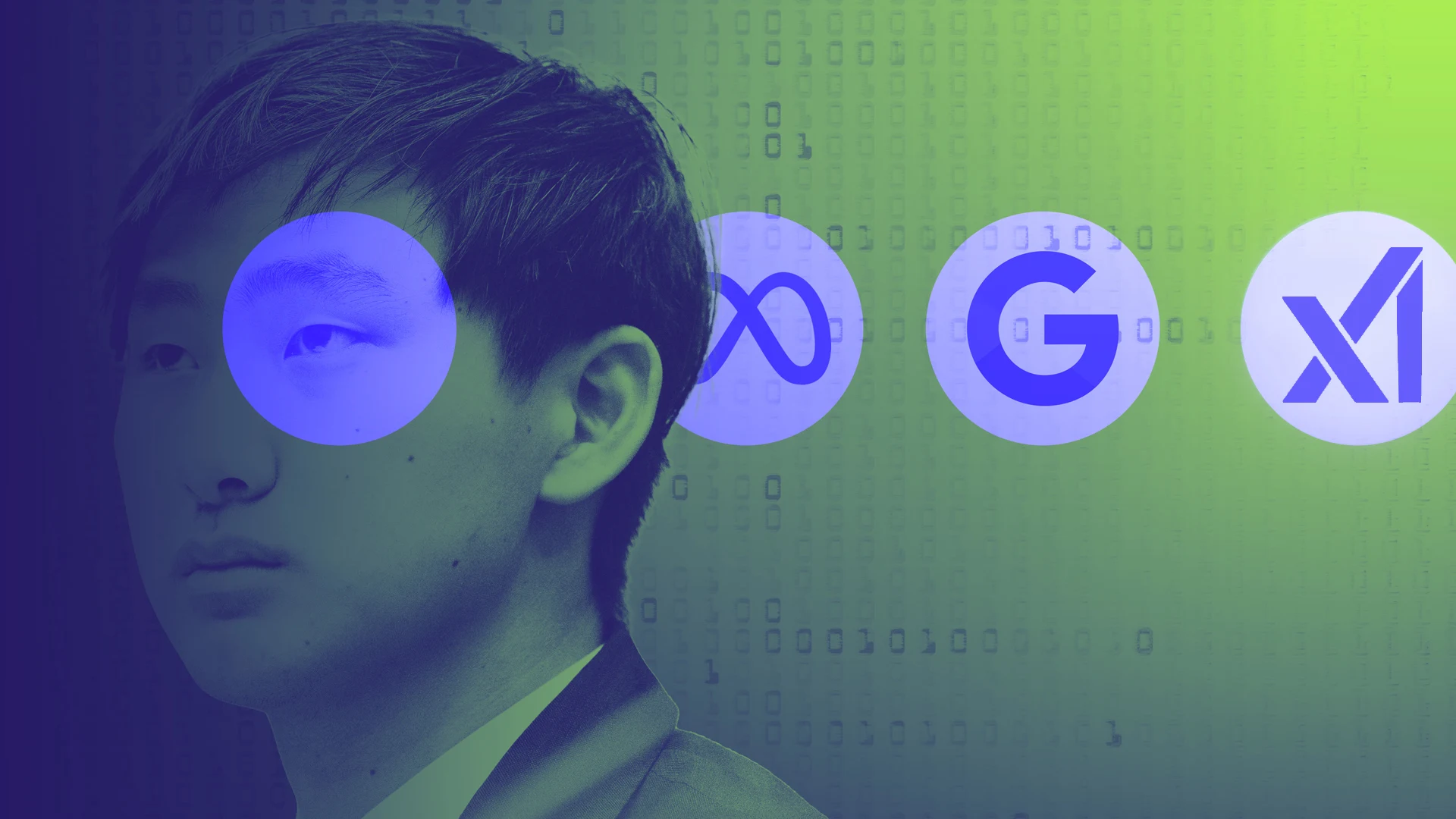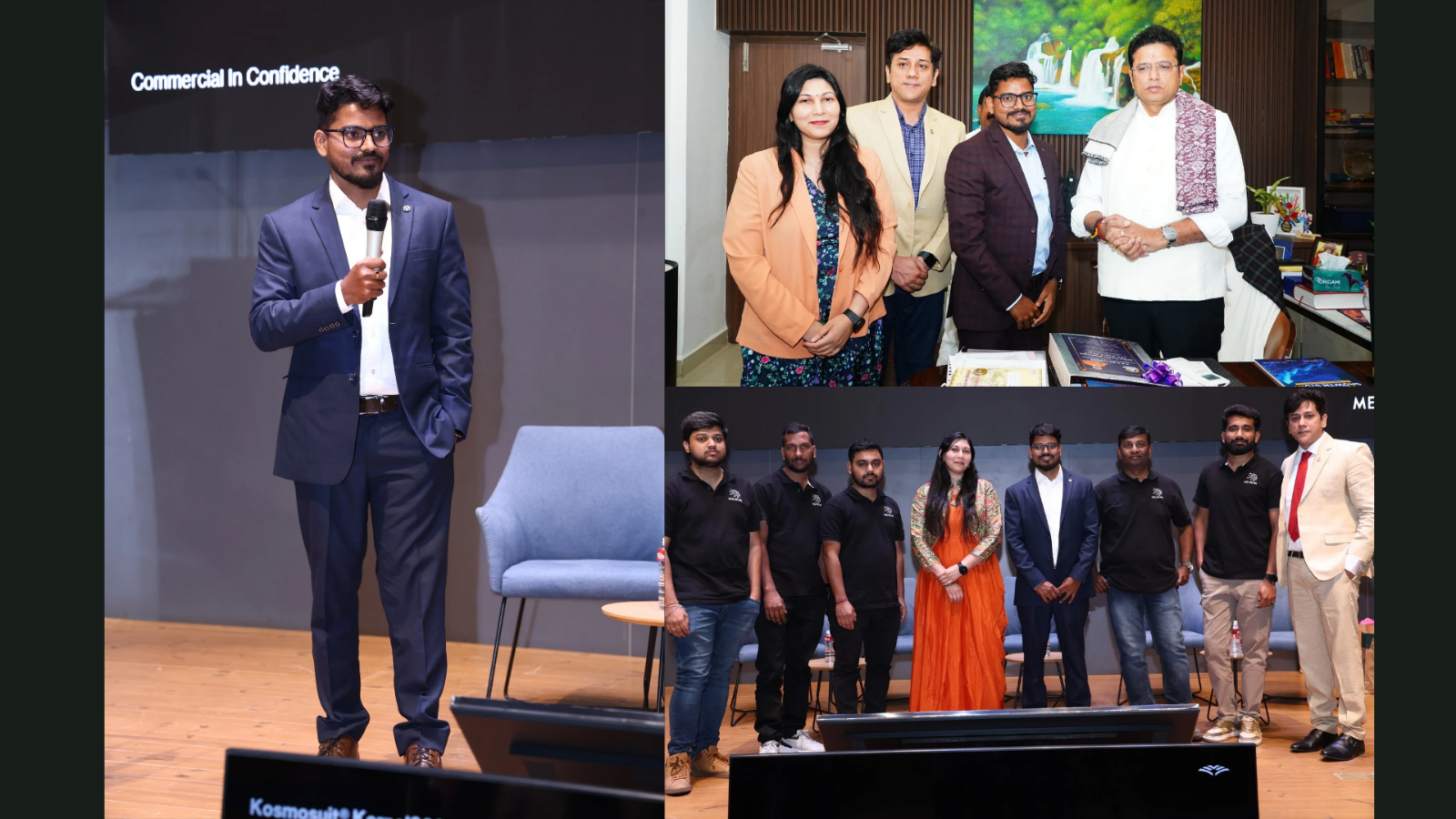From assistant to agent of change: how AI is reshaping the future of software development
At DevSparks 2025, Anupam Mishra, Director, Solution Architecture, AWS India, shared insights on how AI will shape the future of software development.


In the era of artificial intelligence (AI), how will the software development process and role of developers evolve? From ideation to implementation, Anupam Mishra, Director, Solution Architecture, AWS India, explored how AI, GenAI, and Large Language Models (LLMs) are transforming every stage of software development, the trends shaping the field in 2025, and how these technologies can open up myriad of possibilities for developers in the future.
Speaking at DevSparks Pune, 2025, Mishra addressed the current environment of excitement and confusion amongst developers when it came to adoption of new technologies, such as AI, GenAI, and LLMs. The 20-minute keynote speech titled ‘A view from the top: Introducing devs to the future of software’ covered topics such as AI-driven efficiency and enhanced development cycles. Mishra urged developers to actively leverage these technologies and turn them into superpowers - ones that could help them build smart, swift, and precise solutions in the future.
AI: Buzzword or bogeyman?
Mishra opened the keynote with the statement, “An unprecedented change is coming to my profession.” For a long time, developers, he said, existed on two different ends of the spectrum when it came to AI. Some deemed it a hype cycle that would burn out eventually. Others regarded it with apprehension, worried about it taking jobs away. .
He addressed these thoughts and shared insights on what the future of AI development and adoption can potentially hold. “Nobody can predict that, but I think what we can do is be aware of what AI is, what it can do today, and how we stay relevant by keeping ourselves up to date on the latest technology, upskill, and apply it to address real-world challenges.”
With the swift rise of AI, he said we have seen new ways to use GenAI for building solutions. This is opening up a lot of possibilities for developers. However with the emergence of several genAI tools for developers at the same time, there is confusion amongst developers who are writing code every day. “Which tools should I use? Should I change the way I work? Should I do something different? Should I be doing sprint planning in a different way?”
Mishra stated that similar changes have happened in the past, citing how the evolution of machines aided by easing the workload and increasing efficiency. He shared that while anxiety around new technologies is normal, it is important for developers to stay aware and leverage the latest advancements.
From assistant to agent: the evolution of AI
Mishra defined the current age as an AI-assisted era. Developers are using AI as an assistant for a range of tasks, such as writing test cases, generating documentation, conducting code reviews, and much more. These capabilities are only getting better day by day.
He shared the example of Amazon Q developer, which can help developers with AI-assisted coding. “You can say, ‘my code is in Java 8. Can you upgrade it to Java 17?’ - and it will upgrade it. . This is not interesting work, but it is important work. AI can help us do those tasks, allowing us to carry out more relevant tasks and focusing on adding real business value,” Mishra said.
As humans rely on AI to do some of the heavy lifting, agentic capabilities will continue to be added. Agentic AI has been hailed as a game-changing technology, as it is capable of taking actions or making decisions on our behalf. Mishra spoke about a colleague who created an agent to accept LinkedIn requests on his behalf, scouring through profiles and accepting requests based on certain criteria. He discussed how agentic AI is transforming software development by sharing key examples.
“We orchestrate a lot of work, ranging from planning and task decomposition to architectural suggestions. Agents will be assigned this task, and they will propose different architectures,” he said.
Mishra said he had checked this approach and it was able to generate three different cost calculators on AWS for three different architectures. “I was able to choose which architecture works best. As a lot of you would know, no one architecture is best, right? It depends on your non-functional requirements, on scaling, the budget, and the kind of customers you have. Agentic AI can help you make these decisions,” he said.
At the end, Mishra spoke about the rise of specific AI agents in the future, for instance an agent that excels at solving healthcare, finance, or travel-related problems. He urged developers to keep learning, exploring and re-imagining the possibilities of AI in software development.






























































































































































































![How to Find Low-Competition Keywords with Semrush [Super Easy]](https://static.semrush.com/blog/uploads/media/73/62/7362f16fb9e460b6d58ccc09b4a048b6/how-to-find-low-competition-keywords-sm.png)



